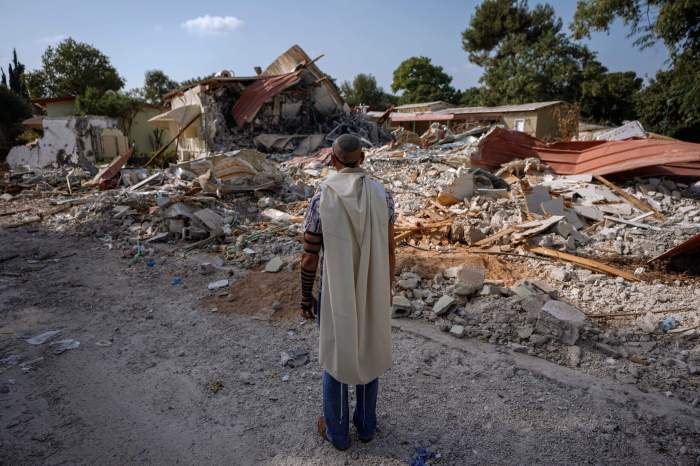Why did Metro-North, consistently ranked among the world’s most-admired commuter lines, suddenly roar off the rails beginning last year with five ghastly accidents that left six people dead and 126 injured?
Was the problem a lethal case of institutional hubris? Or too many old hands retiring at once? Or simple bad luck?
We’ve heard all the excuses.
Tuesday the National Transportation Safety Board released a series of reports saying that all of the accidents — between May 2013 and March 2014 — could have been prevented had the system followed federal guidelines.
Maddeningly, it didn’t.
But we hope that way of thinking changes dramatically with the arrival of David Mayer — appointed this week as safety chief for the entire MTA operation. He’s currently the NTSB’s managing director.
In its reports, the NTSB found recurring problems — including ineffective track inspections, deferred maintenance and inadequate safety oversight. And not only did Metro-North fail to heed the NTSB’s advice, so did its regulator, the Federal Railroad Administration.
Connecticut Sen. Richard Blumenthal, a Capitol Hill railroad watchdog, put it bluntly Tuesday when he said the federal railroad agency is way too deferential to the industry it’s supposed to watch. Here’s one example:
The worst of the Metro-North accidents happened in December as engineer William Rockefeller nodded off at the controls and took a 30-mph curve at 82 mph. His train derailed in the Bronx, taking four lives and injuring 70.
The NTSB reports that Rockefeller was sleep-deprived — because of a shift change and because he suffered from undiagnosed sleep apnea. But for 12 years, Blumenthal says, the federal railroad agency has failed to require lines like Metro-North to do sleep-apnea tests.
Spurred by the accidents, the railroad already has been rebuilding track and boosting inspections. Now we’re expecting Mayer to ratchet up the safety improvements for the city’s buses and subways as well — before there are problems.

















